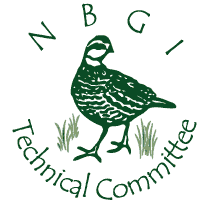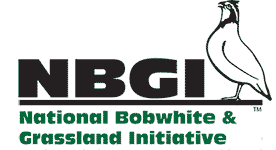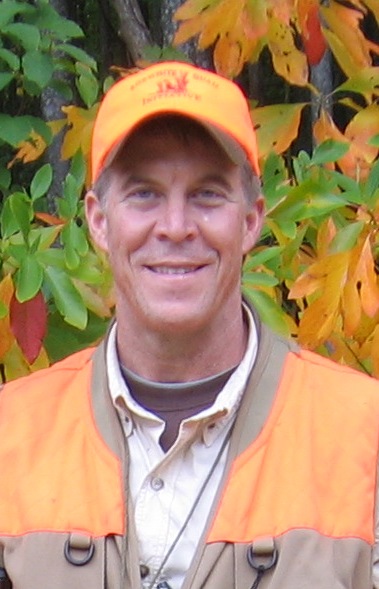 Quail coordinators workshop |
The annual meeting of the National Bobwhite Technical Committee (NBTC) feels like slugging an energy drink … or two. Even for the most determined optimists who are dedicated to restoring bobwhites and grassland birds against long odds, the daily uphill conservation slog can feel lonely at times. A high-energy gathering of more than 100 hardcore, professional bobwhite conservationists is a sure-fire energizer.
The NBTC meeting in Tallahassee, Florida last week – graciously and efficiently hosted by the Florida Fish and Wildlife Conservation Commission and Tall Timbers Research Station – attracted some 120 of the nation’s bobwhite leaders for four days of intense strategy deliberations, technical training and camaraderie. In an era of the most restrictive agency travel budgets in memory, some 23 state wildlife agencies, five non-government organizations, and three federal conservation agencies participated.
Make no mistake, this is no ordinary technical gathering that batters attendees with endless Powerpoint presentations. Because the NBTC is the creator and the keeper of, as well as the brains and the fire behind, the National Bobwhite Conservation Initiative (NBCI), no other body is so invested in its ultimate success. Thus, the NBTC meeting is built for the purpose of advancing implementation the NBCI. This conference combined the biannual meeting of the NBTC Steering Committee, a half-day training workshop for state quail coordinators, two half days of key presentations, two half days of technical subcommittee breakout sessions, and a daylong field trip to examine prime quail habitats and management in the nearby Red Hills region.
A wide diversity of bobwhite professionals comprise the NBTC, including state quail program coordinators and district biologists; private, state and university quail researchers; non-government and state private lands biologists; state and non-government organization administrators; private, state and federal agriculture policy specialists; grazing management specialists; foresters; songbird experts; and joint venture coordinators. The NBTC collates this rich array of expertise into a multi-tasking national team with a shared vision for restoring widespread huntable populations of this popular but severely declining game bird.
The NBTC always has prided itself on being a hard-charging group, with a hard-working annual meeting. Its subcommittees are structured to address priority bobwhite challenges – agriculture policy, forestry, grazing lands, prescribed fire, public outreach and research. The membership divides itself among the subcommittees based on expertise and interest, to develop priorities, tactics and an agenda of action items for the coming year. The NBCI’s professional staff round out the NBTC machine by providing full-time capacity to facilitate implementation of those agendas. The horsepower of the NBTC continues, year-by-year, to grow and pervade on behalf of the NBCI, even after the individual members return to the daily slog … but with a recharged determination.


